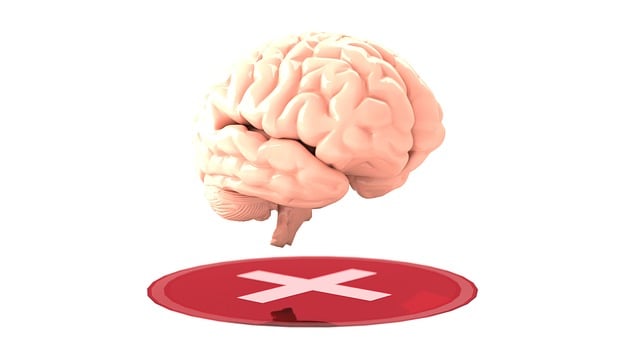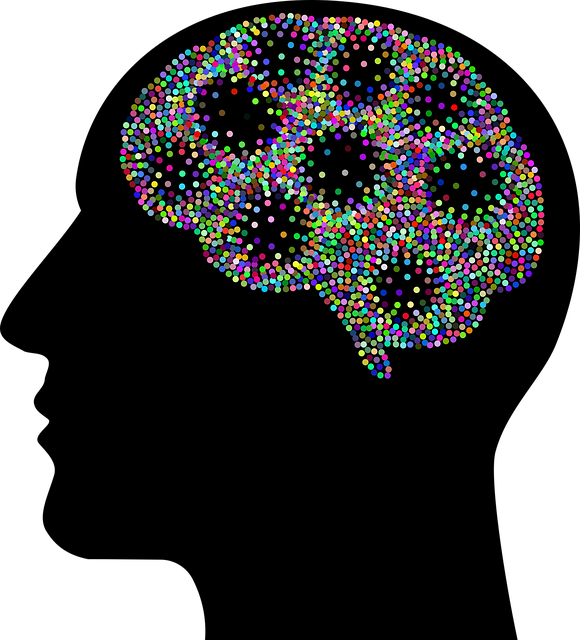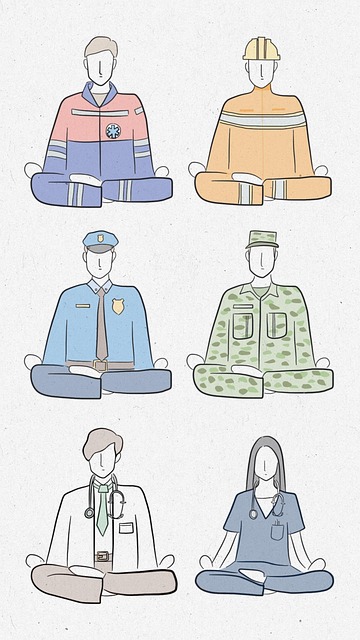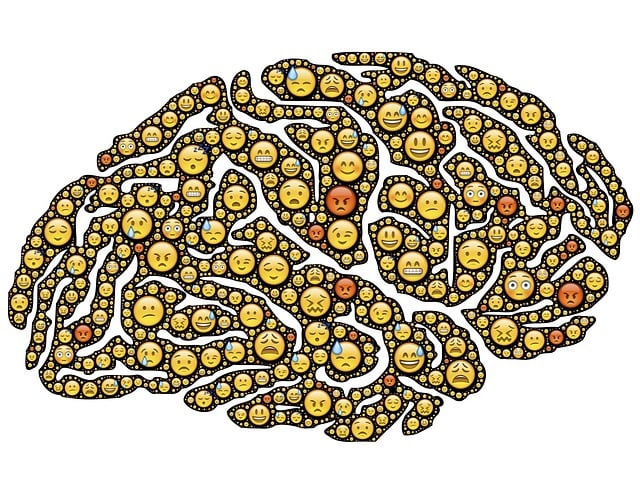Denver's developmental disability therapy landscape is a dynamic network of non-profits, clinical practices, and community centers offering diverse services. Effective outreach programs bridge gaps between individuals with disabilities and resources, promoting emotional healing and quality of life enhancement. Strategies include building partnerships, identifying underserved areas, leveraging evidence-based practices like Mind Over Matter and Stress Reduction Methods, and fostering trust through inclusive activities. Measuring success through evaluation ensures continuous improvement tailored to the community's evolving needs, exemplified by Denver Developmental Disability Therapy's successful tailored initiatives for underserved populations.
In Denver, the landscape of developmental disability therapy is thriving, yet reaching those in need remains a challenge. This article explores effective strategies for community outreach programs aimed at amplifying access to essential therapy services. We delve into designing inclusive initiatives, from understanding cultural nuances to utilizing technology, ensuring no one falls through the cracks. By implementing data-driven evaluation methods, Denver can continuously improve its approach to serving individuals with developmental disabilities, fostering a more connected and supportive community.
- Understanding Denver's Developmental Disability Therapy Landscape
- Designing Effective Community Outreach Programs
- Implementing and Promoting Inclusivity in Outreach Activities
- Measuring Success: Evaluation and Continuous Improvement Strategies
Understanding Denver's Developmental Disability Therapy Landscape

Denver’s landscape for Developmental Disability Therapy is a vibrant and evolving ecosystem, offering diverse services to cater to the unique needs of individuals with developmental disabilities. The city boasts numerous non-profit organizations, clinical practices, and community centers dedicated to providing comprehensive support, from behavioral interventions to speech therapy and social skills training. Understanding this network is crucial when implementing effective outreach programs aimed at promoting emotional healing processes and enhancing quality of life for Denver’s diverse population.
Community outreach plays a pivotal role in bridging the gap between individuals with developmental disabilities and the therapeutic resources available. By employing evidence-based conflict resolution techniques and communication strategies, these programs foster an inclusive environment that empowers participants to navigate social interactions confidently. The focus should be on leveraging existing community partnerships while identifying underserved areas to ensure every individual has access to the emotional healing processes they deserve.
Designing Effective Community Outreach Programs

Designing Effective Community Outreach Programs requires a deep understanding of the local community’s needs and cultural context. At Denver Developmental Disability Therapy, we’ve seen firsthand how tailored initiatives can significantly impact underserved populations. A successful outreach program should focus on building strong partnerships with local organizations, schools, and community leaders to foster trust and engagement. Incorporating evidence-based practices like Mind Over Matter principles and Stress Reduction Methods into these programs can enhance their effectiveness.
By promoting Self-Care Routine Development for Better Mental Health, community outreach programs can empower individuals to take charge of their well-being. This involves offering educational workshops, support groups, and accessible resources that cater to diverse needs. Through active participation in such initiatives, community members develop resilience, build social connections, and gain valuable coping strategies. Ultimately, these programs contribute to creating a more inclusive and supportive environment where everyone has the opportunity to thrive.
Implementing and Promoting Inclusivity in Outreach Activities

Implementing inclusive outreach activities is paramount for organizations like Denver Developmental Disability Therapy, aiming to create a supportive and welcoming environment. It involves ensuring that services and programs are accessible and cater to the diverse needs of all community members. One effective strategy is to involve individuals from various backgrounds in the planning stages, incorporating their insights and experiences to design inclusive initiatives. This approach fosters trust and encourages participation, particularly among marginalized groups.
Promoting inclusivity also means adopting effective communication techniques that consider different learning styles and abilities. For instance, providing materials in multiple languages or using visual aids can enhance understanding during outreach events or workshops on Stress Reduction Methods and Crisis Intervention Guidance. Moreover, fostering Emotional Intelligence among staff members and volunteers is key to responding sensitively to participants’ emotional needs, creating a safe space for them to express themselves openly.
Measuring Success: Evaluation and Continuous Improvement Strategies

Measuring success is a vital component of any community outreach program, especially when addressing developmental disabilities and enhancing mental health in Denver. The evaluation process involves collecting data to assess the impact and effectiveness of the initiatives. This can be achieved through various methods, such as pre-post assessments, participant feedback forms, interviews, or focus groups. By comparing initial measurements with post-program outcomes, organizers gain valuable insights into the program’s success and identify areas for improvement.
For instance, Denver Developmental Disability Therapy programs targeting emotional regulation and stress reduction methods can measure progress by evaluating participants’ coping skills development. If programs effectively teach and enhance these skills, participants should demonstrate improved emotional control and reduced stress levels over time. This data-driven approach allows for continuous improvement, ensuring that outreach initiatives remain relevant, impactful, and tailored to the community’s evolving needs.
Community outreach programs play a pivotal role in enhancing accessibility to Denver Developmental Disability Therapy services. By implementing effective strategies, such as tailored programming and inclusive activities, we can ensure that individuals with developmental disabilities throughout Denver have equal opportunities for growth and support. Continuous evaluation and adaptation are essential to measure success and create a more inclusive community where everyone has the chance to thrive.














